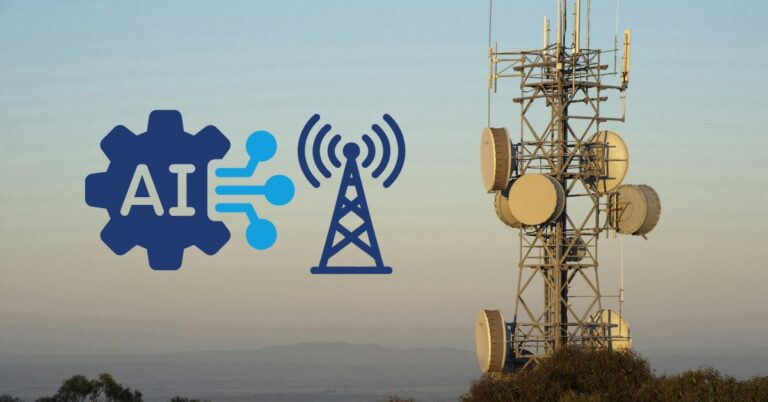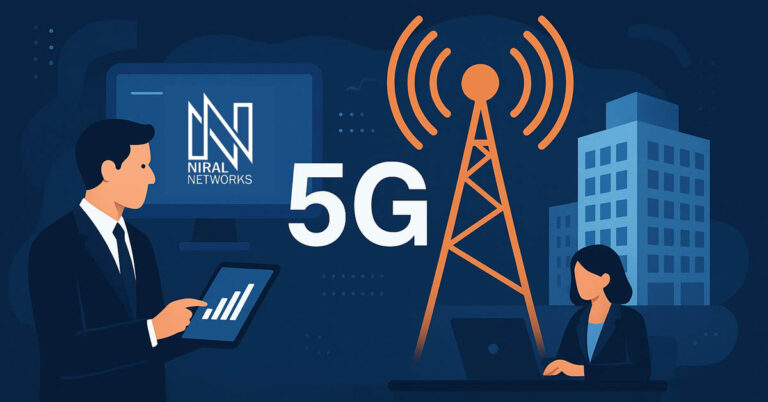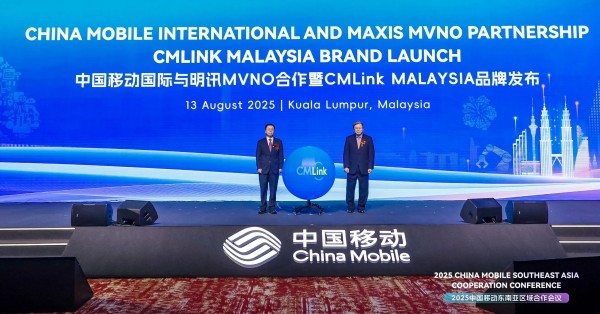Porsche deploys a private 5G research network with Ericsson at its manufacturing factory in Leipzig, Germany.
Porsche’s focus is on safety-relevant data
The focus of this first private 5G research network deployment in the production environment is on the development of functions that involve the exchange of safety-relevant data between vehicles.
Use Cases: Control robotics in real-time without cables
The private 5G network piloted in Porche’s Macan body shop would provide secure, flexible, and predictable transmission of signals to
- Enable control of robotics in real-time without cables i.e. robots are controlled via 5G rather than wires
- Transmit huge volume of data in real-time between on-site machines, production workers, and vehicles
This would lay the foundation for Porsche’s next step in digital transformation in manufacturing, making it more efficient and effective with further automation.
Ericsson Solution & Porsche’s Spectrum Band
Porsche will use Ericsson’s 5G standalone (SA) solution and its own private frequency spectrum for providing high-speed reliable wireless connectivity, ultra-low latency, and capabilities for handling huge data volumes.
Benefits to Porsche with increased Automation
The private 5G research network will provide several benefits to Porsche via further enhancing the automation capabilities of its production plant such as increased worker safety, reduced costs, increase quality, and faster production.
Porsche: Laying the foundation for Smart Factory
Albrecht Reimold, Member of the Executive Board for Production and Logistics at Porsche AG, said: “As we transition to the factory of tomorrow, Porsche production is undergoing a comprehensive digital transformation. In the process, we are guided by our vision: smart, lean, and green. 5G technology is one of the key elements laying the groundwork for our Smart Factory.” A 5G network is already in use at the Porsche Development Centre in Weissach. Here, the focus is on the development of functions that involve the exchange of safety-relevant data between vehicles.
Gerd Rupp, Chairman of the Executive Board, Porsche Leipzig, said: “The 5G test area offers an excellent opportunity to test use cases in a production context and is an important step forward in our production of the future.”
Ericsson: Leading 5G and private network products
Åsa Tamsons, Head of Business Area Technologies and New Businesses at Ericsson, said: “Ericsson is proud to work with leading companies like Porsche in their smart factories and provide them with our world-leading 5G and Private Network products. 5G connectivity can enable the next step in digital transformation in manufacturing, making it more efficient and effective. Ericsson’s Private Networks empower greater productivity, safety and flexibility across a variety of industries from manufacturing, processing, mining, offshore, and beyond.”
Source: Ericsson press release and Porcshe Media Package

































